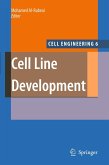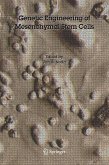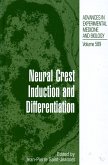The suppression of apoptosis by the IGF system is critical for normal cell development, proliferation, differentiation and motility. Aberrations in IGF signalling mechanisms contribute to cell transformation, tumour progression and metastasis. Many questions remain to be answered as to how exactly the IGF system mediates its effects both in normal and tumour cells and how the IGF-1R interacting proteins and downstream signalling cascades are regulated. The importance of the IGF system is underscored by the significant interest in the development of anti-IGF therapies for IGF sensitive cancers. Future developments in cancer therapy are likely to focus on methods to target these therapies to diseased but not normal cells. 14. Acknowledgements We would like to thank Kurt Tidmore for preparing the illustrations. The Health Research Board of Ireland and Science Foundation Ireland are grateful acknowledged for funding. 15. References Adamo M., Roberts C. T., Jr. and LeRoith D. (1992) How distinct are the insulin and insul- like growth factor I signalling systems? Biofactors 3, 151-7. Adams T. E., Epa V. C., Garrett T. P. and Ward C. W. (2000) Structure and function of the type 1 insulin-like growth factor receptor. Cell Mol Life Sci 57, 1050-93. Adler V., Polotskaya A., Wagner F. and Kraft A. S. (1992) Affinity-purified c-Jun ami- terminal protein kinase requires serine/threonine phosphorylation for activity. J Biol Chem 267, 17001-5.








